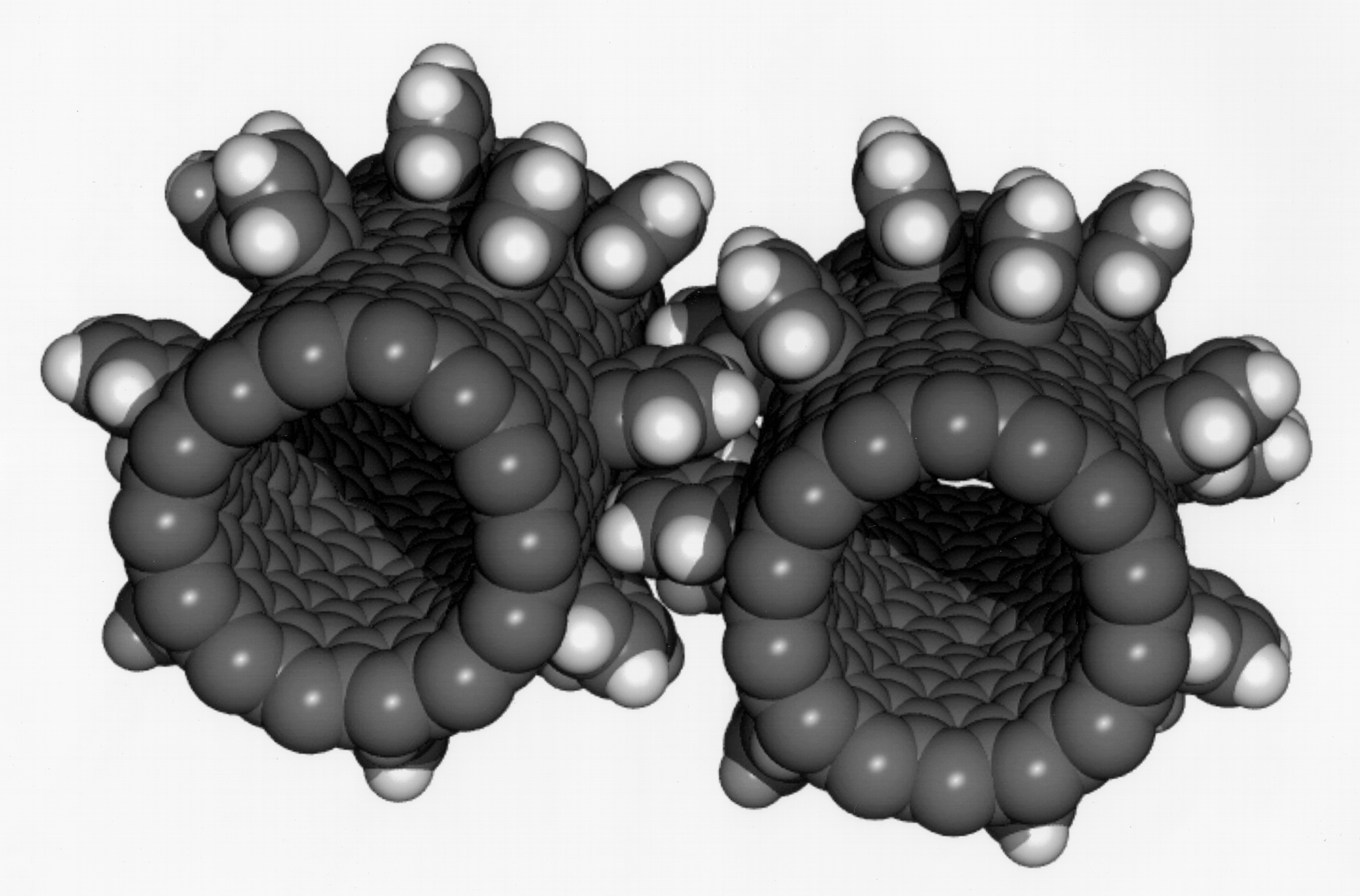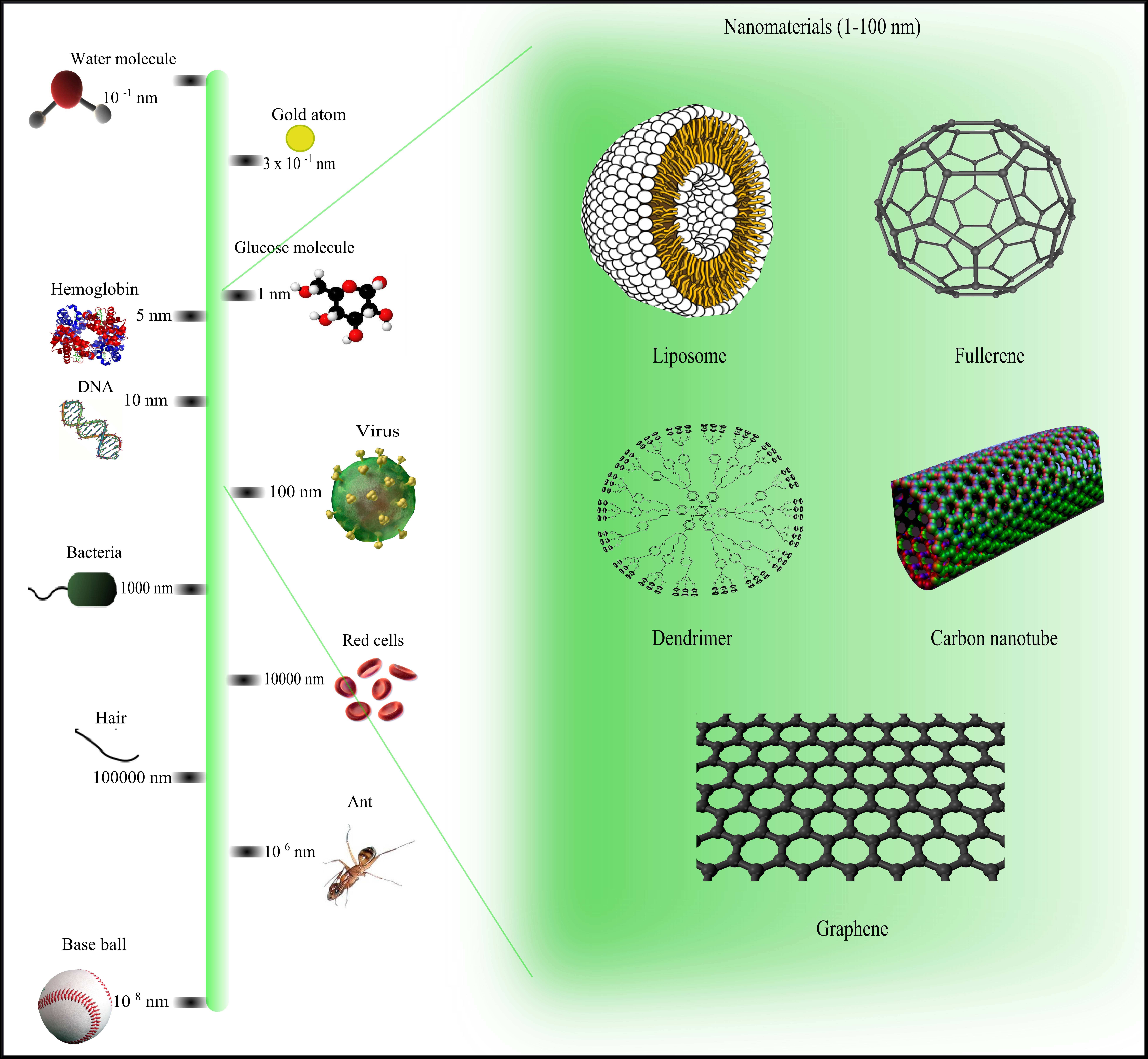|
Nanotechnology Industries Association
The Nanotechnology Industries Association (NIA) is the sector-independent expert, membership and advocacy organisation providing a responsible voice for the industrial nanotechnologies supply chains. The NIA works with regulators and stakeholders on the national, European and international levels so as to secure a supportive environment for the continuing advancement and establishment of nanotechnologies. Members of the NIA are represented on globally influential fora, such the OECD Working Party on Manufactured Nanomaterials, and the OECD Working Party on Nanotechnology, International Organization for Standardization (ISO), European Committee for Standardization The European Committee for Standardization (CEN, french: Comité Européen de Normalisation) is a public standards organization whose mission is to foster the economy of the European Single Market and the wider European continent in global tr ... (CEN) as well as national and international advisory groups. The NIA ... [...More Info...] [...Related Items...] OR: [Wikipedia] [Google] [Baidu] |
Nanotechnology
Nanotechnology, also shortened to nanotech, is the use of matter on an atomic, molecular, and supramolecular scale for industrial purposes. The earliest, widespread description of nanotechnology referred to the particular technological goal of precisely manipulating atoms and molecules for fabrication of macroscale products, also now referred to as molecular nanotechnology. A more generalized description of nanotechnology was subsequently established by the National Nanotechnology Initiative, which defined nanotechnology as the manipulation of matter with at least one dimension sized from 1 to 100 nanometers (nm). This definition reflects the fact that quantum mechanical effects are important at this quantum-realm scale, and so the definition shifted from a particular technological goal to a research category inclusive of all types of research and technologies that deal with the special properties of matter which occur below the given size threshold. It is therefore common to ... [...More Info...] [...Related Items...] OR: [Wikipedia] [Google] [Baidu] |
Innovation
Innovation is the practical implementation of ideas that result in the introduction of new goods or services or improvement in offering goods or services. ISO TC 279 in the standard ISO 56000:2020 defines innovation as "a new or changed entity realizing or redistributing value". Others have different definitions; a common element in the definitions is a focus on newness, improvement, and spread of ideas or technologies. Innovation often takes place through the development of more-effective products, processes, services, technologies, art works or business models that innovators make available to markets, governments and society. Innovation is related to, but not the same as, invention: innovation is more apt to involve the practical implementation of an invention (i.e. new / improved ability) to make a meaningful impact in a market or society, and not all innovations require a new invention. Technical innovation often manifests itself via the engineering process when the prob ... [...More Info...] [...Related Items...] OR: [Wikipedia] [Google] [Baidu] |
Advocacy
Advocacy is an Action (philosophy), activity by an individual or advocacy group, group that aims to influence decision making, decisions within political, economic, and social institutions. Advocacy includes activities and publications to influence public policy, laws and budgets by using facts, their relationships, the media, and messaging to educate government officials and the public. Advocacy can include many activities that a person or organization undertakes, including media campaigns, public speaking, commissioning and publishing research. Lobbying (often by lobby groups) is a form of advocacy where a direct approach is made to legislators on a specific issue or specific piece of legislation. Research has started to address how advocacy groups in the United States and Canada are using social media to facilitate civic engagement and collective action. Forms There are several forms of advocacy, each representing a different approach in a way to initiate changes in the s ... [...More Info...] [...Related Items...] OR: [Wikipedia] [Google] [Baidu] |
Nanotechnologies
Nanotechnology, also shortened to nanotech, is the use of matter on an atomic, molecular, and Supramolecular complex, supramolecular scale for industrial purposes. The earliest, widespread description of nanotechnology referred to the particular technological goal of precisely manipulating atoms and molecules for fabrication of macroscale products, also now referred to as molecular nanotechnology. A more generalized description of nanotechnology was subsequently established by the National Nanotechnology Initiative, which defined nanotechnology as the manipulation of matter with at least one dimension sized from 1 nanometer, 1 to 100 nanometers (nm). This definition reflects the fact that quantum mechanics, quantum mechanical effects are important at this quantum realm, quantum-realm scale, and so the definition shifted from a particular technological goal to a research category inclusive of all types of research and technologies that deal with the special properties of matter w ... [...More Info...] [...Related Items...] OR: [Wikipedia] [Google] [Baidu] |
OECD
The Organisation for Economic Co-operation and Development (OECD; french: Organisation de coopération et de développement économiques, ''OCDE'') is an intergovernmental organisation with 38 member countries, founded in 1961 to stimulate economic progress and world trade. It is a forum whose member countries describe themselves as committed to democracy and the market economy, providing a platform to compare policy experiences, seek answers to common problems, identify good practices, and coordinate domestic and international policies of its members. The majority of OECD members are high-income economies with a very high Human Development Index (HDI), and are regarded as developed countries. Their collective population is 1.38 billion. , the OECD member countries collectively comprised 62.2% of global nominal GDP (US$49.6 trillion) and 42.8% of global GDP ( Int$54.2 trillion) at purchasing power parity. The OECD is an official United Nations observer. In April 1948, ... [...More Info...] [...Related Items...] OR: [Wikipedia] [Google] [Baidu] |
International Organization For Standardization
The International Organization for Standardization (ISO ) is an international standard development organization composed of representatives from the national standards organizations of member countries. Membership requirements are given in Article 3 of the ISO Statutes. ISO was founded on 23 February 1947, and (as of November 2022) it has published over 24,500 international standards covering almost all aspects of technology and manufacturing. It has 809 Technical committees and sub committees to take care of standards development. The organization develops and publishes standardization in all technical and nontechnical fields other than electrical and electronic engineering, which is handled by the IEC.Editors of Encyclopedia Britannica. 3 June 2021.International Organization for Standardization" ''Encyclopedia Britannica''. Retrieved 2022-04-26. It is headquartered in Geneva, Switzerland, and works in 167 countries . The three official languages of the ISO are English, Fren ... [...More Info...] [...Related Items...] OR: [Wikipedia] [Google] [Baidu] |
European Committee For Standardization
The European Committee for Standardization (CEN, french: Comité Européen de Normalisation) is a public standards organization whose mission is to foster the economy of the European Single Market and the wider European continent in global trading, the welfare of European citizens and the environment by providing an efficient infrastructure to interested parties for the development, maintenance and distribution of coherent sets of standards and specifications. The CEN was founded in 1961. Its thirty-four national members work together to develop European Standards (ENs) in various sectors to build a European internal market for goods and services and to position Europe in the global economy. CEN is officially recognized as a European standards body by the European Union, European Free Trade Association and the United Kingdom; the other official European standards bodies are the European Committee for Electrotechnical Standardization (CENELEC) and the European Telecommunicati ... [...More Info...] [...Related Items...] OR: [Wikipedia] [Google] [Baidu] |



